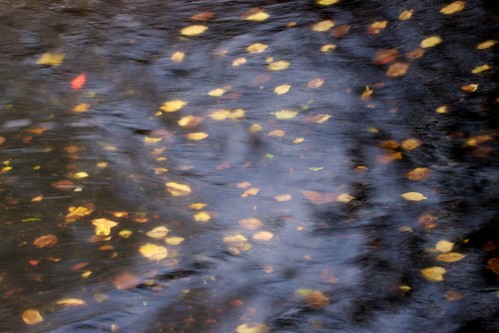Being great doesn't mean you're going to be successful. There have been lots of great writers who still had to work hard before their words were read. Sometimes, it takes a long time for everyone else to realize just how great you are.
Walt Whitman had something to share, and he decided that he was going to share it. He's arguably the most famous American poet...and he was a self-published author.
Lighting the Fire
Walt Whitman was born Walter in 1819 Long Island. He was one of 9, and called Walt so he wouldn't be confused with his father. They had severe financial difficulties, and Walt would later recall his childhood as being unhappy. He finished his school at age 11 and began working for a living.
Young Walt worked for lawyers as an office boy, and later worked on the printing machines for local newspapers. He learned how the machines worked and picked up typesetting. Whitman continued to gravitate toward the written word when looking for work. He accepted a job working for an editor at a major paper, and sent some of his own poetry anonymously to the New York Mirror. He moved to New York, but financial trouble in the city made it hard for him to find work. Eventually he moved back to Long Island and began teaching, but was ultimately unhappy with the work.
He continued to work in the papers and eventually worked his way into editorial positions. And like many authors, he read. Whitman would later say that he was "simmering, simmering, simmering." All the poems were burning slowly away inside him. It took another poet to set it all ablaze. He read The Poet, by Ralph Waldo Emerson, in 1844. It called for a new and unique poet from the United States to step forward.
So Walt Whitman did. As he said, "Emerson brought me to a boil."
He went to work. And in May 1855, he went to the clerk at the United States District Court in New Jersey to register the title Leaves of Grass. Like many self-published authors, he had to buy his own copyright. Luckily, he knew people in the printing business. Whitman next went to Fulton Street in Brooklyn, where two of his friends owned a small printing shop. Walt knew typesetting from his experience in the newspaper business, so he did most all of that himself.
It didn't sell very well. He worked for years on that collection of poems, and had enough gumption to get his own copyright and do his own printing and self-published the darned thing, besides. When sales were few and decidedly tepid, Whitman could have easily given up.
He didn't. The very first edition of Leaves of Grass was 95 pages long, with 12 poems that had no names. Whitman made it small enough, he said later, to fit in one's pocket. He hoped that it would make people want to "take me along with them and read me in the open air." He printed up 800, 200 with covers made of green cloth. There is only one library in the US known to have purchased one of these first editions. It's in Philadelphia.
One copy was sent to Ralph Waldo Emerson, whom Whitman admired. Emerson praised it, and sent a letter back to Whitman complimenting the work. It was enough to fuel Walt's fire to write and succeed. He produced edition number 2, now 384 pages in length. It had a pretty cover this time, and was priced at one dollar.
He relentlessly perfected his work, something to which all self-published authors can probably relate. Whitman added titles to his poems, then began to write more poems. He re-arranged them and then did it again. Some he removed altogether. He published so many different versions of the book, in fact, scholars still aren't clear on just how many times Leaves was revamped. Depending on the source, Whitman created 9 editions. Others say there were only 6.
By 1860, he'd snagged a publisher. Unfortunately, shortly after they produced their edition of the work the company declared bankruptcy, and they were unable to pay him. Whitman got around $250, and the original plates were sent to a different publisher in Boston. This resulted in a new edition, 456 pages in length.
More editions would come out, and many more years would go by, before Whitman was prepared to be finished with the book. He created his final edition in 1891 and declared in a letter to a friend that it was "at last complete."
It now had nearly 400 poems. Like previous editions, the last carried an updated photo of Walt Whitman -- looking distinguished this time with a full beard.
Leaves got a lot of heavy criticism; perhaps this is why Whitman was intent on perfecting it. One critic said that Whitman should have burned the book after writing it, and one critic called the book "a mass of stupid filth" in a newspaper. Whitman printed one of his bad reviews in the second edition of Leaves of Grass.
Walt Whitman wrote in the poetry trenches every single day, and never stopped. He died shortly after completing his final edition of the book, just when he'd finally finished...if he ever really thought he had. He relentlessly perfected and polished his craft, and always tried to improve upon what he'd done in the past. Today, Leaves of Grass sells thousands of copies every single year. It's studied in classrooms and quoted among word lovers, recited in public and re-posted online. Whitman has now been dead over 100 years, and most critics agree when it comes to his now-famous collection of poetry.
It's pretty perfect.













0 comments:
Post a Comment